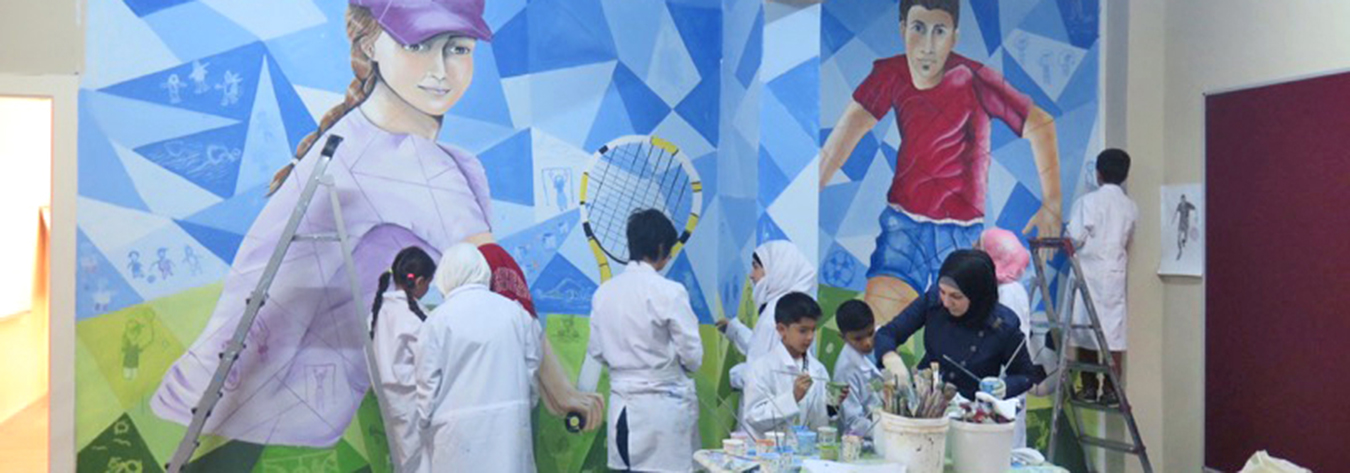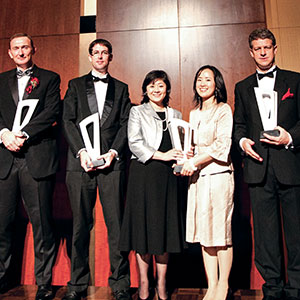Japan and constitutional revision
Prime Minister Shinzo Abe has made it abundantly clear that he is determined to make changes to the Japanese Constitution, particularly in regard to the controversial Article 9, which forever renounces war.
But to affect such change the issue has to go before a referendum, which can only be initiated by the Diet with the support of two-thirds or more of the members of both Upper and Lower Houses. The Liberal Democratic Party–Komeito coalition currently has more than two-thirds of the seats in the Lower House, but does not enjoy the same position in the Upper House, which is why attention is now being focused on the next Upper House election, expected in July.
Given Abe’s current popularity and the LDP’s ratings in the polls, it is unlikely that the LDP alone can achieve such a majority. There is therefore intense lobbying among right-leaning parties to try and gain sufficient support to do so. Chief among these is Osaka Ishin no Kai—formed by former Mayor of Osaka Toru Hashimoto—which has already indicated its willingness to work with Abe.
Half of all seats in the Upper House will be contested in the summer election. To secure the required majority, coalition partners will need 162 seats between them. Currently, they have 135 seats which means they need to win another 27 at least.
Whether or not that is realistic is debatable. And even if they do achieve the required two-thirds majority, the outcome of the referendum that would follow is unclear, since polls indicate a majority of the population is not in favour of amending Article 9.
Japan and the refugee issue
While Europe struggles to deal with a massive influx of refugees—a joint agencies report published in January suggests the European Union could expect a further one million migrants this year—applications for asylum in Japan in 2015 jumped 50% to a record 7,586. Of these, only 27 were recognised as refugees.
Internationally, Japan’s response to the global refugee crisis has been mainly economic: last year the country’s contribution to the United Nations High Commissioner for Refugees was second only to that of the United States.
Yet when asked at the United Nations General Assembly last autumn whether Japan was ready to accept Syrian refugees, Abe said there was a need to improve conditions of its own citizens first. He cited issues with women and the elderly as areas where attention was needed before looking at the refugee issue.
However, local non-profit organisation Refugees International Japan (RIJ) has engaged in the Syrian refugee crisis, funding projects for Syrian refugees in Lebanon, Jordan and Turkey. The fact that there has been no RIJ project carried out in Syria itself is due to several factors, according to the charity’s chief executive officer, Jane Best OBE.
“To begin with, we’ve received no applications, and besides, it’s dangerous. The immediate needs there are survival and that is not our mandate”, she said. “Overseeing the use of funds there would be challenging to say the least; those with staff on the ground are much better placed to do that”.
RIJ’s priorities are to fund projects that provide future opportunities for refugees. According to Best, “we want beneficiaries to gain more dignity and more independence through the programmes we fund”.
Success in this area—throughout many projects—is evident when RIJ follows up on participants.
“Beneficiaries have gone on to cultivate their own future, whether through education or community support or their own business. They continue to use what they have gained to give back to their communities”, she said.
The past year has seen a number of successful stories including a pilot scheme involving Syrian and Turkish youth to create a community art project in Turkey.
“This took off far better than anticipated”, according to Best. “The term of the programme was extended due to its success and this reached more beneficiaries”.
When so much in the lives of refugees is uncertain, what lies in the future for RIJ itself? Best foresees more of the same.
“We’ll be reaching out to a wider audience and building a stronger Japanese team”, she said.







